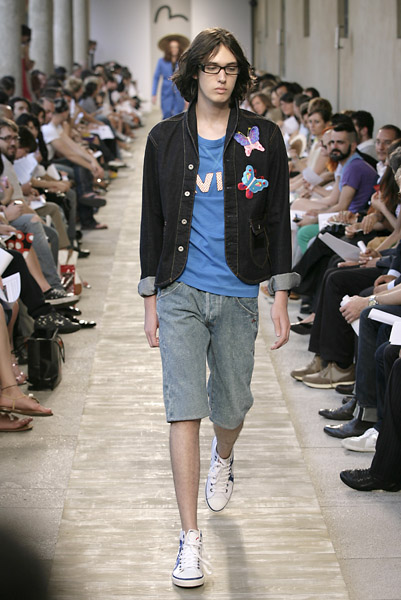Pioneer Denim is on the way to be the largest denim mill in Bangladesh with about 9 million yards capacity per month. Besides, they have also entered the garmenting space and target to reach about 3 Lakh garments per month – making them perhaps the biggest in Bangladesh in next few years. Being a part of the Badsha group – one of the largest conglomerates in Bangladesh – helps as they get huge support from the huge spinning operation and other operations. We are happy to have Pioneer Denim from Bangladesh as our exhibitor in Denimsandjeans India show which is scheduled to be held on May 15-16 in Bangalore, India. We talked with Mr. Hasibul Huda from the team to know more about their latest products.
Pioneer Denim is a huge operation now as we understand with both fabric and garments. Can you share your latest statistics which help us comprehend the same.
Badsha Group of Industries (BGI) began its journey in 1976 and has since grown into one of the largest and most lucrative conglomerates in Bangladesh to this day, specializing in the Textile and Ready Made Garments (RMG) sector. Concerns of BGI includes-
· Badsha Textiles Ltd- the yarn division having capacity of producing 470 MT/Day and in the process of capacity expansion to 650 MT/Day by 2025 and will produce all types of blends and specialized yarns
· Pioneer Denim Limited- the current denim fabric production capacity is 6.5ml yards/month and increasing production capacity to 9ml/month by 2025 to fulfil the needs of the growing market and business partners. The garment division is currently producing 40000pcs/day and will grow gradually to 300000pcs/day production capacity with full facilities under single shed as a fully functional denim composite unit
· Pioneer Knitwear’s (BD) Ltd- the Heavy Flat knit items is currently producing 100000pcs/day and will have diversity in light knit production soon.
BGI turnover in 2022-23 was US$860ml and expected to have grown to $1bl+ in this current financial year.
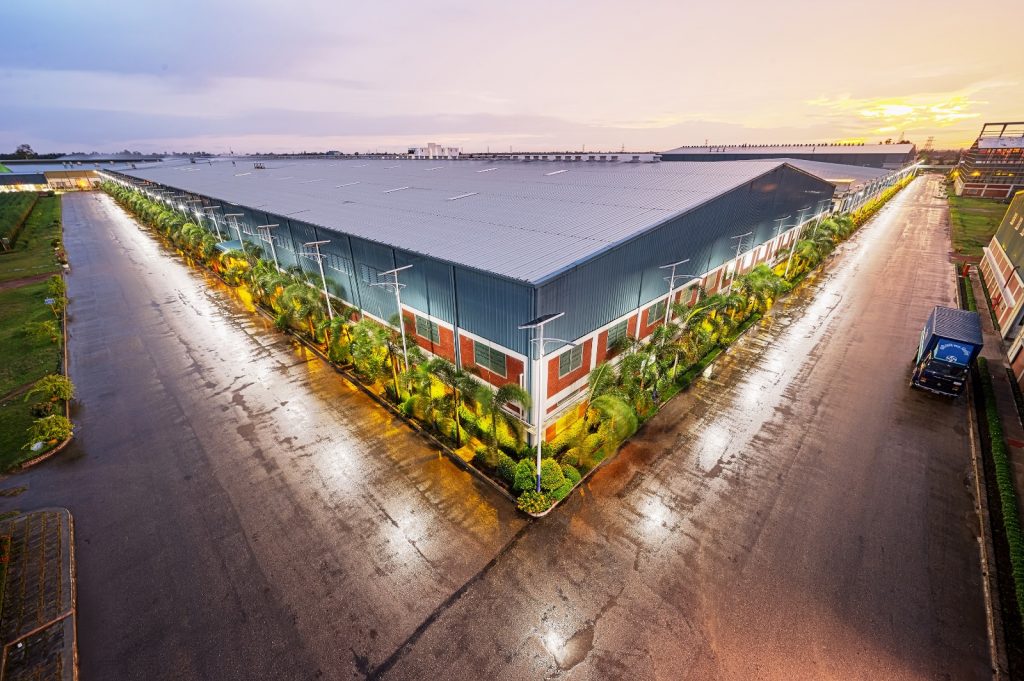
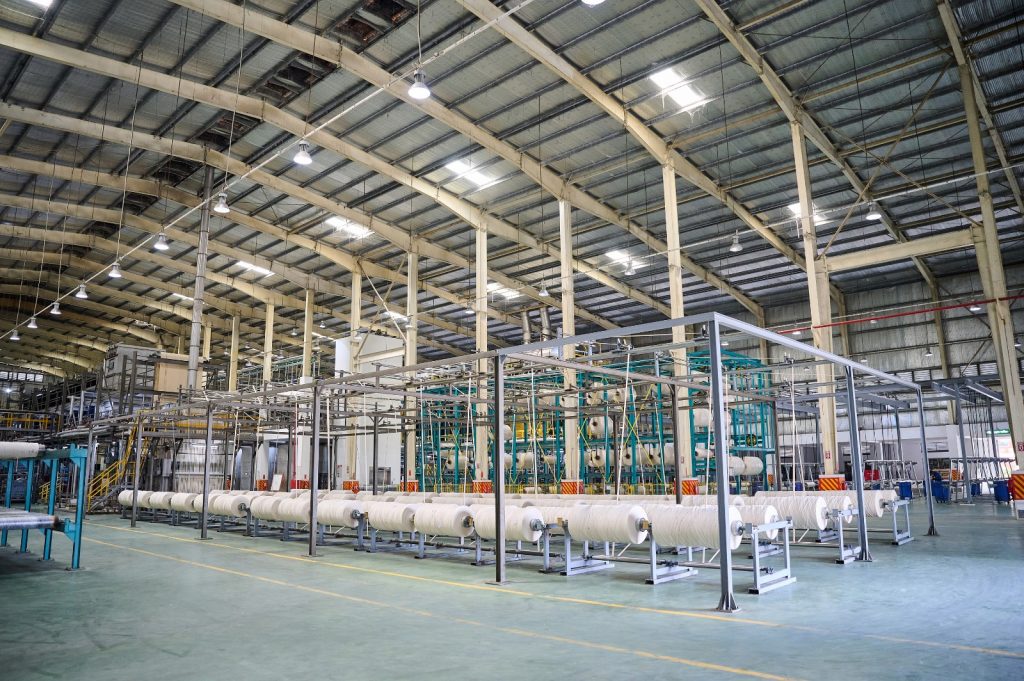
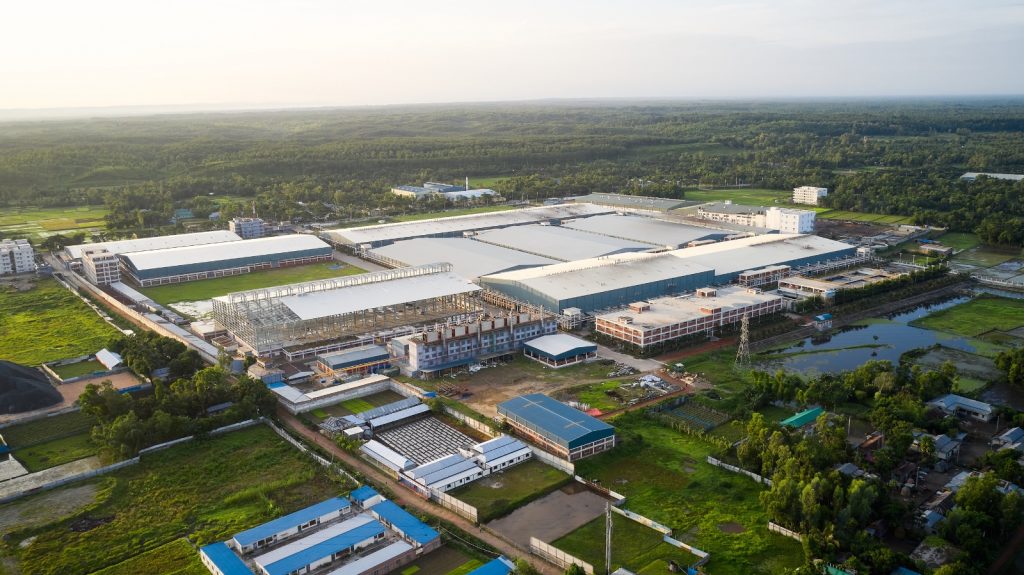
What are your most exciting products which shall be focusing on showcasing at our Denimsandjeans Show in India and which you feel will be interesting for Indian consumers.
Pioneer Denim has always been a sustainability driven venture focusing on innovation, high quality, product diversity and most importantly speed to market in this fast fashion oriented arena. In the upcoming show, we hope to showcase products with variations in traditional Indigo of denim, true Black, quick wash, laser friendly, different advanced ecological dyed products, innovations in product finishes with improved hand feel, performance and looks.
How are you able to manage the sustainability initiatives in such an operation successfully? What are the key ones you feel have made a difference.
Now all talk about sustainability but only few denim manufacturers have embraced the concept as much as Pioneer Denim. Sustainability is the core of Pioneer Denim. Since our inception in 2017, we had started as the largest LEED Platinum Certified denim production facility in the world and gradually achieved the Cradle to Cradle GOLD certification as the first denim mill in Bangladesh. Circular economy is the most important aspect for a manufacturer as it reduces use of natural resources, waste production by recycling existing resources and contribute to reduction in carbon footprints, which is the ultimate goal.
We have been constantly working on incorporating new sustainable product blends like bamboo, pineapple, jute, etc. while ensuring ‘second life’ of denim by using significant amount of recycled fibers (both pre and post-consumer) in all our products. However, as a fabric mill we understand that including sustainable contents in products is not the only option to offer sustainable products as it has significant cost implications for the end-consumers. Addressing this issue and being a responsible fabric mill, we have been constantly working with different global sustainable bodies and companies to bring additional sustainable features in our production processes. As a result, we have adopted various ecological dyeing-finishing processes that ensure significantly lesser use of resources (water, gas, electricity), less amount of discharge for ETP to process, products with quicker wash processes while having same product aesthetics and hand feels.
In Pioneer Denim, we have embedded sustainability at the core of our genes and hence we are constantly adopting new ventures that ultimately take us to ‘circular economy’ with least carbon foot-prints while producing the best quality pair of jeans.
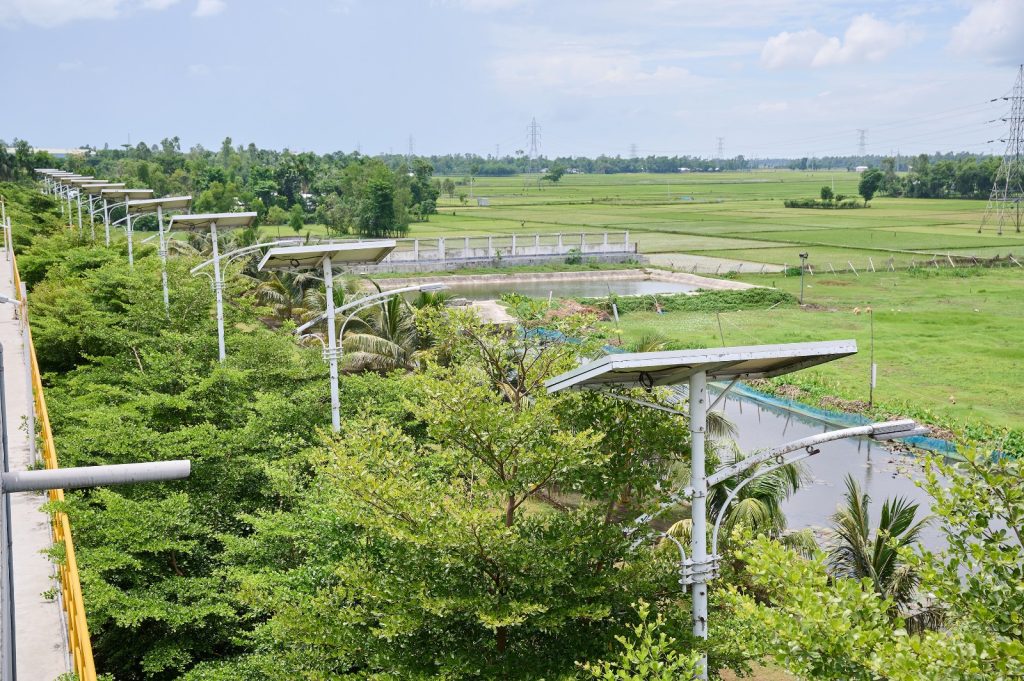
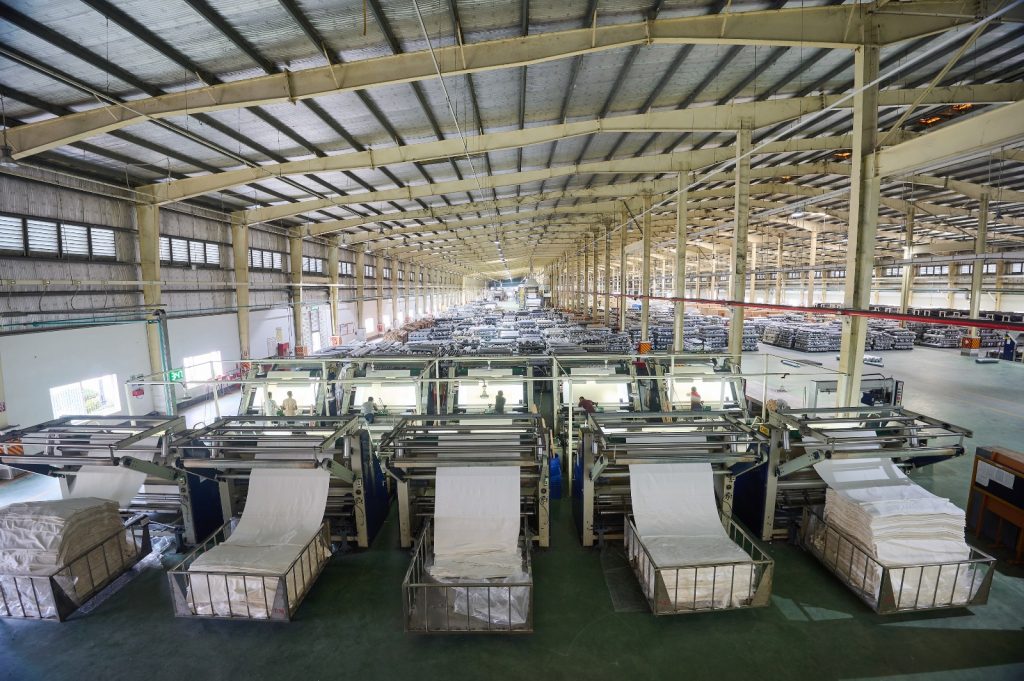
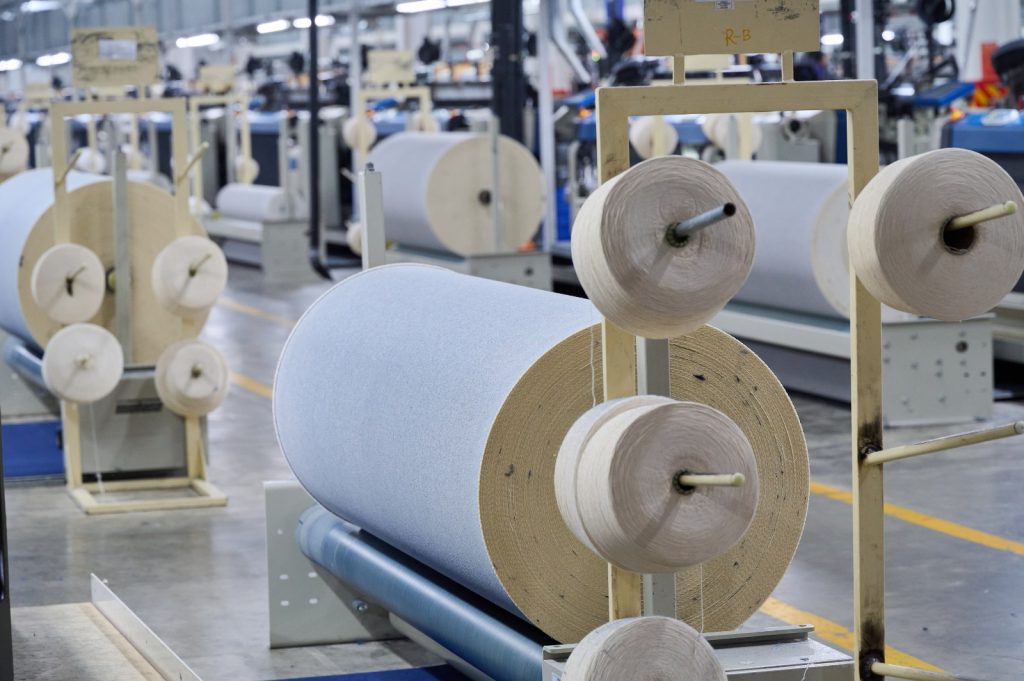
How do you see the markets in Europe and the US moving in recent times? Does Indian market movement reflect similar directions?
Global apparel & textiles markets are highly responsive to any change whether its weather, war, pandemic or market inflation. In recent times, we have seen a drastic drop in US business, which had been catering the largest denim volumes for years and till date the business volume has not been picked up to satisfactory level even. On the other hand, we have seen sudden influx of denim business from EU brands retailers since last two seasons due to their changes in business policy and resource availability. This shift of EU business has become the survival for the manufacturers. We have also observed high performance of EU brands in US markets because of fast fashions and the right products for the Gen-Z, who are the major market driver now. Product shelf lives have been reduced leading to shortest possible production lead-time. Earning a dollar faster than competitors is much more important than earning more at this moment. EU brands and retailers have successfully adopted this business model and hence, EU based businesses are expected to grow further even in USA.
India market dynamics has also seen a major shift. High value-high quality fashions are growing faster than the mass volumes. Apparel market has been seeing constant growth and it will continue to grow further. In India, local brands and retailers are outperforming the global brands as they have successfully identified and catering the emerging markets with right products. Being such a big consumer market, India market performance is also a major market driver for the global apparel industry.
In current market situation, quick fashion is the key driver. Developing tomorrow’s product today and delivering it before the consumer before they could identify their need for it is the success. And for this, continuous innovation, shorter production lead time, infrastructure to support quick market needs will play the major role of business success in this challenging apparel and textiles market.




